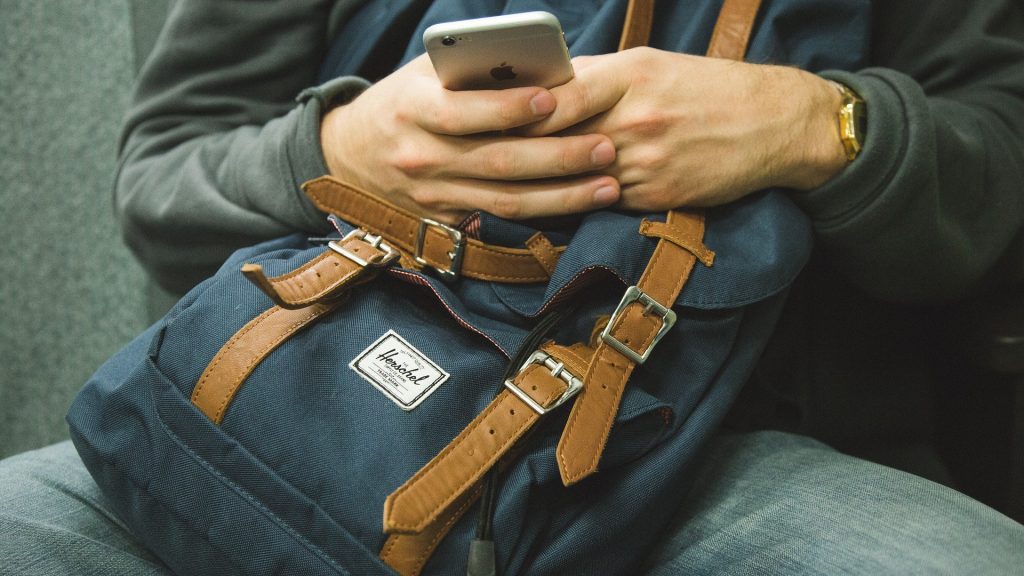Theft from Venmo, PayPal, Zelle and other payment apps has been “skyrocketing” recently, according to the Manhattan District Attorney’s office. DA Alvin Bragg sent a letter to the providers of these payment apps, demanding enhanced security measures, including lower transfer limits, additional password security, additional wait times for large transactions, and increased monitoring for unusual activity.
Bragg’s letter is a follow up to a 2022 letter that Massachusetts Senator Elizabeth Warren’s office sent to the banking industry. Warren’s office said its investigation into Zelle showed that fraud claims had tripled between 2020 and 2022, costing consumers hundreds of millions of dollars. Warren was also part of a group of four Democratic senators that asked for further investigation into payment platform fraud last year.
Zelle is now by far the largest peer-to-peer payment system in America. In 2022, the app’s transactions totaled $490 billion, up 59% from the prior year. In contrast, Venmo handled $230 billion and had 62.8 million active U.S. users in 2023.
Sophisticated Crimes
Many of the attacks that Bragg refers to are common muggings. In an interview with CNN, he described reports of crooks approaching ordinary citizens demanding their phones, The thieves would then transfer money out of their accounts via a payment transfer under threat of physical harm.
But there have also been more sophisticated methods. In one effort, a team of thieves would ask Lyft drivers if they could put in a new address into the Lyft driver’s phone. Once they had the phone in hand, they would transfer assets to their own bank accounts using Cash App. According to court records, as much as $6,500 was taken from 50 Lyft drivers in 2020.
As a solution, Bragg asked for more safety measures, such as lowering the limit of daily transfers, requiring wait times on larger transfers, and for a confirmation when suspicious transfers occur. Even something as small as canceling a transaction would help, Bragg said.
Zelle Responds
A spokesperson for Early Warning Systems, the operator of Zelle, provided the following statement to PaymentsJournal:
“We are aware of isolated criminal incidents described in the Manhattan District Attorney’s letter. Providing a safe and reliable service to consumers is the top priority of Early Warning Services, LLC, the network operator of Zelle®, and our 2,100 participating banks and credit unions. As a result of our continued efforts to build on Zelle’s strong foundation of security, less than one tenth of one percent of transactions are reported as fraud or scams, and that percentage keeps getting smaller.
“Our efforts include implementing industry-leading fraud and scam prevention measures for consumers like in-app safety notifications, and send limits and restrictions. For network banks and credit unions, we’re helping to screen out bad actors with free tools. We also invest in ongoing consumer education efforts and have brokered public-private partnerships to do so.
“All Zelle Network® participating financial institutions are required to reimburse consumers for confirmed fraud claims. Consumers should contact the local authorities and their bank and credit union if they were a victim of a crime to begin the claims process.”
For its part, Venmo says it hasn’t seen a significant rise in what it calls bank jacking reports. The initial Warren report chose 2020 as a baseline, which was when Venmo and Zelle first took off as P2P solutions in response to the pandemic. Venmo recommends that users take security measures to protect their accounts, including facial recognition, multifactor authentication, and a PIN code.
